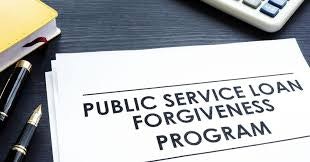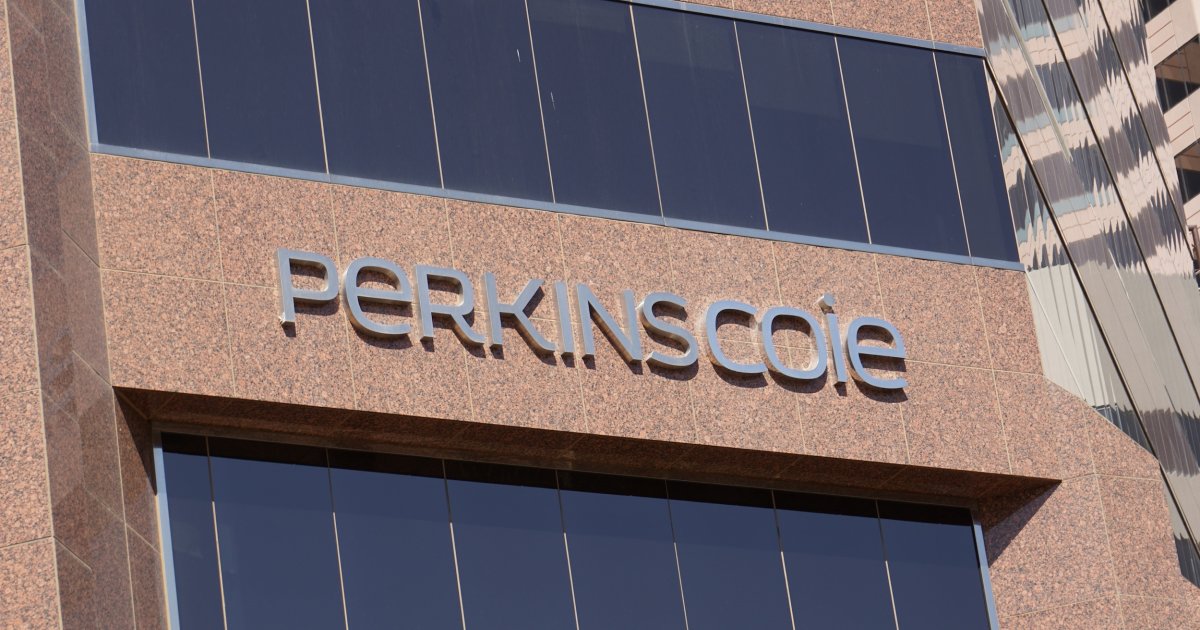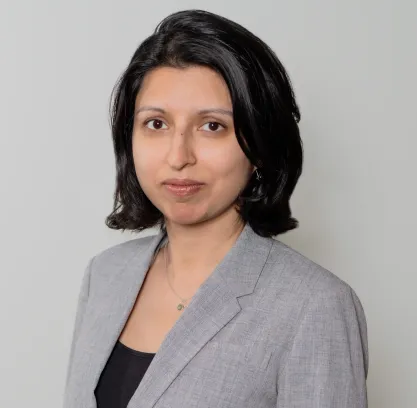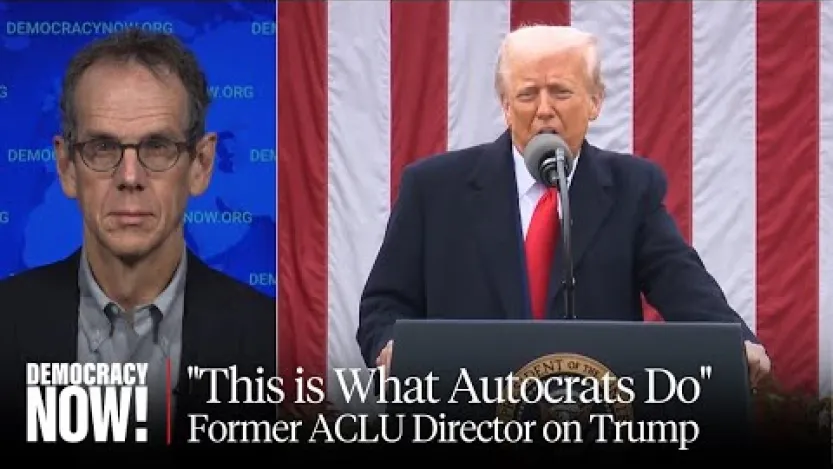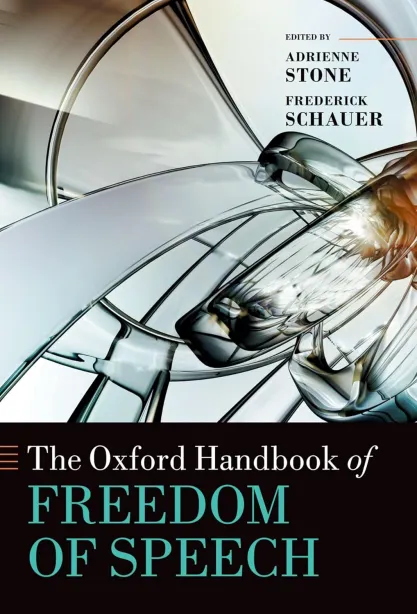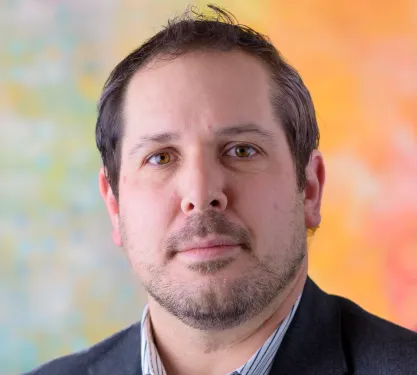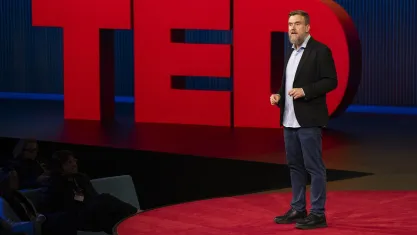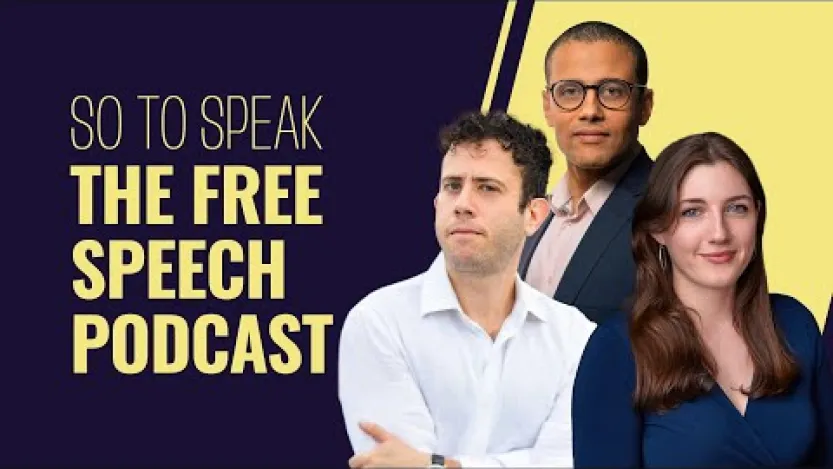The Notice of Proposed Rulemaking, published in the Federal Register and scheduled to take effect July 1, 2026, follows President Trump’s March executive order directing the Department of Education to revise PSLF eligibility criteria. The proposed changes would give the Secretary of Education broad authority to determine which employers qualify for the program that has provided loan forgiveness to more than one million public servants.
Under the proposed rule, organizations could lose PSLF eligibility for activities including “aiding or abetting violations of Federal immigration laws,” “engaging in a pattern of aiding and abetting illegal discrimination,” or “engaging in violence for the purpose of obstructing or influencing Federal Government policy.” The Department would use a “preponderance of evidence” standard to make determinations, and employers found ineligible would face a 10-year waiting period before they could regain qualifying status.
The rule specifically targets several types of activities the administration considers problematic, including providing certain medical treatments to transgender minors, assisting with immigration cases, and various forms of protest activity that result in state law violations such as trespassing or disorderly conduct.
Kristin McGuire, President and CEO of Young Invincibles, characterized the proposal as “continuing its attacks on education, deliberately targeting advocacy organizations whose work doesn’t align with its ideological agenda.”
“By using a distorted and overly broad definition of ‘illegal activities,’ the Trump administration is exploiting the student loan system to attack political opponents,” McGuire said. “This is an illegal move by the administration; eligibility for Public Service Loan Forgiveness (PSLF) is defined by law, not political ideology.”
The proposed rule emerged from a contentious negotiated rulemaking process that concluded in July without consensus. According to the Department’s documentation, the negotiator representing civil rights organizations dissented from the draft regulations, preventing the committee from reaching agreement.
The Department of Education estimates the rule would result in budget savings of $1.537 billion over 10 years by reducing the number of borrowers who achieve loan forgiveness. Administrative documents suggest the changes could affect borrowers in multiple sectors, including legal services, healthcare, social work, and education.
Organizations operating under shared federal tax identification numbers could see entire agencies lose eligibility if one component is found to engage in disqualifying activities. The rule includes provisions allowing the Secretary to separate organizations under shared identifiers, but grants ultimate authority to the Department to make such determinations.
The proposed rule draws heavily on the Internal Revenue Service’s “illegality doctrine,” which denies tax-exempt status to organizations with substantial illegal purposes. The Department argues this approach ensures consistency across federal agencies and prevents taxpayer funds from subsidizing activities the government aims to prevent.
Employers would be required to certify on PSLF application forms that they do not engage in activities with substantial illegal purpose. Those who fail to provide such certification would immediately lose qualifying status.
The rule includes safeguards requiring notice and opportunity to respond before final determinations, and allows employers to maintain eligibility if they submit approved corrective action plans before losing qualification.
According to the Department’s regulatory impact analysis, implementation would cost between $1.5 million and $3 million annually during the first two years. The analysis acknowledges that compliance costs for employers would vary significantly, with larger organizations potentially facing higher expenses for legal consultation and operational adjustments.
The Department projects reduced confusion among borrowers due to clearer eligibility criteria, though it acknowledges potential disruptions during the transition period. The analysis notes that borrowers working for disqualified employers would need to find new positions with qualifying organizations to continue progress toward loan forgiveness.
The proposed rule will undergo a 30-day public comment period following publication in the Federal Register on August 18. The Department must review all submitted comments before issuing a final rule.
If implemented as proposed, the new eligibility requirements would apply only to activities occurring on or after July 1, 2026. Borrowers whose employers lose qualifying status would receive notification from the Department and would no longer earn qualifying payment credit while employed by those organizations.
The Public Service Loan Forgiveness program, established in 2007, allows borrowers to have remaining federal student loan balances canceled after making 120 qualifying monthly payments while working full-time for eligible government agencies or qualified nonprofit organizations. The program has faced criticism and administrative challenges since its inception, with many borrowers initially denied forgiveness due to complex eligibility requirements.
Young Invincibles and other advocacy organizations indicated they plan to submit detailed comments opposing the rule and may pursue legal challenges if the final version proceeds as proposed.

